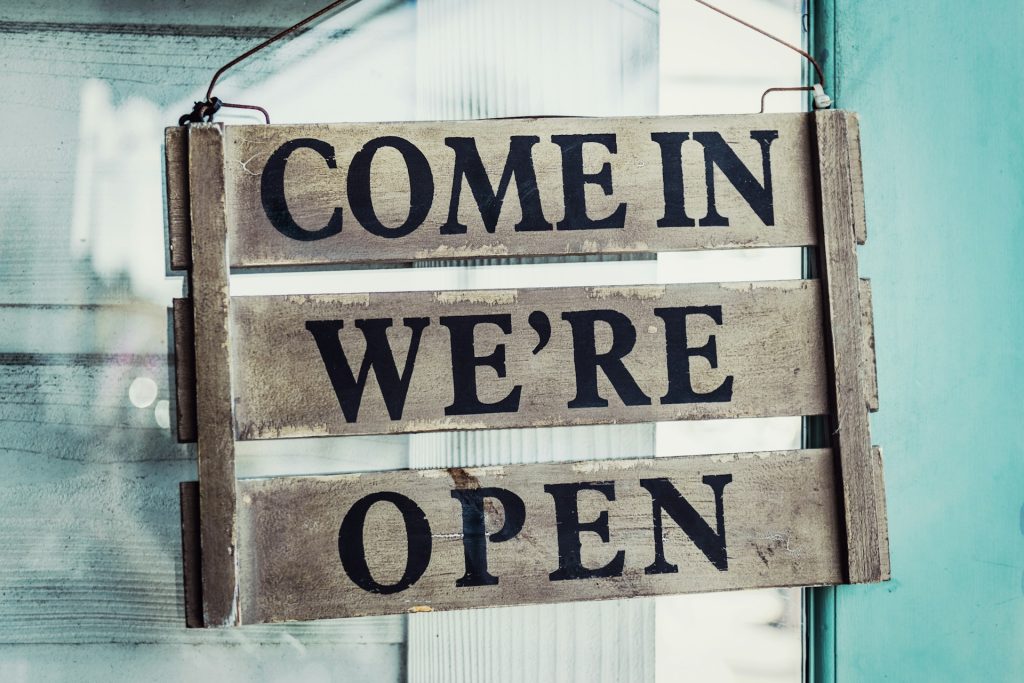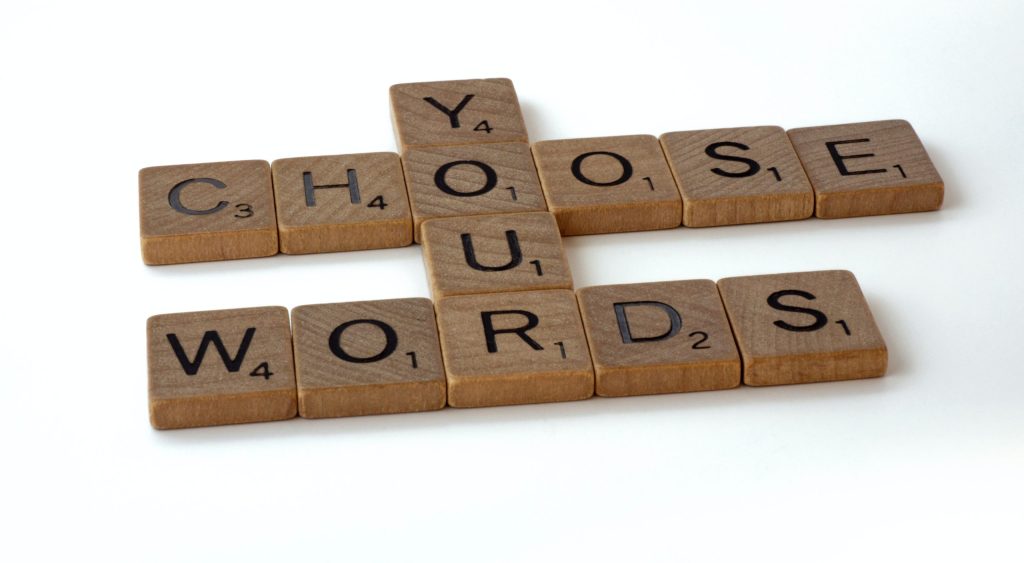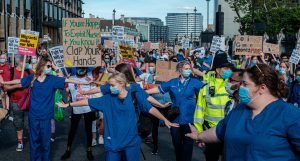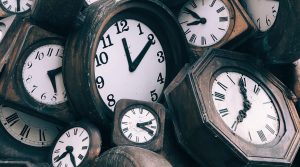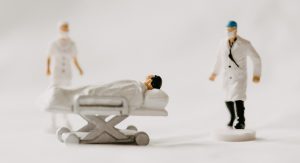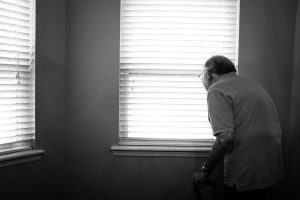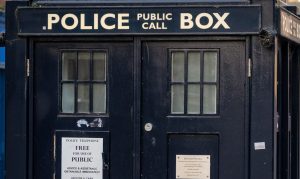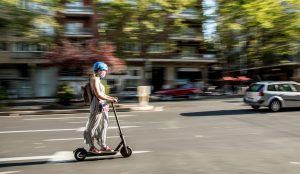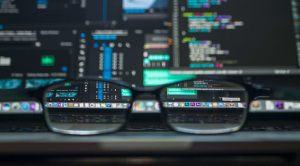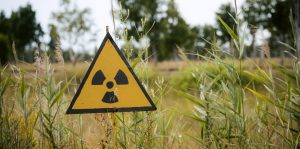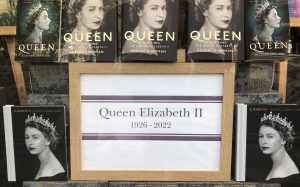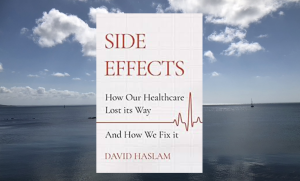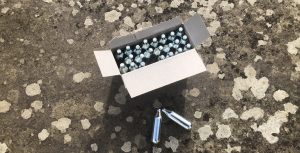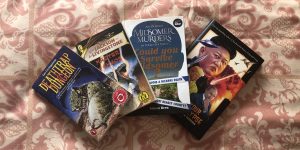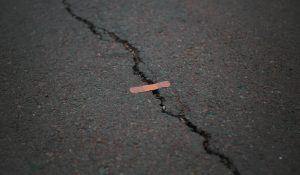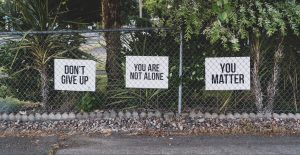The Health Foundation has recently identified that the public’s first big priority across the NHS is to make it easier to get an appointment at their GP practice. Nada Khan explores what meaningful access looks like in general practice.
Doctors are inordinately fond of nouns. By and large, patients come to us not just with nouns, but with stories which include them but are driven along by verbs, words of action, backed up by adverbs, pronouns, and so on...
Should healthcare professionals ever strike? For some healthcare professionals, going on strike crosses a professional and moral line. Nada Khan explores the debate.
Social media has transformed the ways we live as a society, forever altering the ways in which we communicate and relax. And this abrupt change to social discourse which has gradually developed over thousands of years is having implications for young people.
What is the Metaverse? What does it do? How does it work? Richard Armitage offers answers to these questions and presents what a consultation in the Metaverse may look like in the future.
General practice needs to become more efficient while improving care quality and safety. How can we do this? SNOMED CT holds some of the answers, but many practices are unaware of its full potential ...
How is it that 'part time' GPs are working 'full time' hours? Nada Khan investigates!
Richard Armitage suggests it is right for GPs to primarily regard their beneficiaries as ‘agents’ rather than ‘patients’ in the majority of general practice consultations.
Trans people face multiple barriers to health care from various healthcare providers. Here, Kamilla Kamaruddin describes how working with charities can improve services and residence workload.
Digital currencies, otherwise known as blockchain-enabled cryptocurrencies, have made unmissable impacts on the global economy. But what are they, how do they work and, most importantly for us, what are their effects on human health and wellbeing?
Rumina Önaç gives the rundown on Greener Practice's 5th birthday meet up, where among the meditation, craft, and poetry reading sessions, volunteers shared ideas and discussed what steps could be made to best help the NHS accomplish its goal of achieving net
Increased dialogue about the unique nuances of physicians adopting the role of ‘patient’ should be supported throughout medical training, argues Isabella de Vere Hunt.
As depression in older people can present with somatic and cognitive symptoms, it is often attributed to normal ageing and may be overlooked by the clinician and the older adult. Carolyn Chew-Graham and colleagues share insights from the latest NICE guidance.
Of course the GP has always in a way been a 'conductor' between different hospital specialists, co-ordinating treatments and providing holistic care, but the unique role of the GP is rapidly being broken up into its constituent parts, through the PCN system
There inner city trainees share their experience of the MRCGP recorded consultation assessment (RCA) and highlight some key issues for future iterations of the MRCGP assessment.
In England over the last two years, you are likely to have seen people whizzing around on brightly coloured electric scooters. While they might be a fun, practical, and relatively cheap mode of transport, just how safe are they for their users
Where do diseases live? It seems an odd question, but perhaps an important one, because we need to find a disease in order to treat it ... If we don’t recognise the location correctly, we end up treating poverty with statins.
With increasing pressures, targets and expectations, and a higher risk of workforce burnout, it seems that both patient, and physician safety remain at risk argues Nada Khan
The recent cyber-attack on NHS systems, on the background of zero-days and zero-day exploit markets, raise concern for the safety of digitised patient data – those that are often used in primary care settings – are they too sensitive to be digitally
'GPs are not good at relational care or managing complexity and uncertainty because of any inherent aptitude for these things, but because our role places us into an environment in which they are unavoidable,' argues Ben Hoban.
With or without leopard-print boots, physician associates work regularly in general practice, but what does the day-to-day work of a PA look like? How do you qualify as a PA? And how can they benefit a primary care team? Ria Agarwal, lead
The Covid-19 lockdowns exacerbated wait times for dental treatment. Where does all of this leave GPs (and our emergency department colleagues) who are faced with potentially increasing numbers of dental presentations?
Richard Armitage argues that the abuse or neglect of nuclear facilities in conflict settings represents an international public health concern
This winter, several long-term issues are coming to a head to create a perfect storm: high fuel prices, poor housing quality, a lack of sustainable energy strategies, and families sliding into low income during a cost of living crisis. Nada Khan reviews
A British newspaper has argued that GPs were given 'record pay rises in Covid pandemic'. Richard Armitage unpicks the truth and the implications of GP earnings and productivity over the last two and half years.
Rabia Aftab reflects on coming to the UK and growing up in the second Elizabethan age with emblems of national pride
Terry Kemple finds that David Haslam is uniquely placed to reflect on the important questions of modern healthcare. 'Side Effects' calls for clarity about what the focus of healthcare should be, and attempts to describe and address many of the problems of
With 43% of adults currently living with a degree of chronic pain in the UK, It is likely that overprescribing of opioids will continue. An audit of opioid prescribing in general practice inspired me to reflect on how medical education fails to
Nitrous oxide is a popular recreational drug that produces transient but intense feelings of euphoria and disassociation. Nada Khan considers what GPs should know.
Mark Steggles frames the GP workforce crisis as a 'Choose your own adventure'
Richard Armitage explores the health implications of adopting imperial units, and finds the prospect quite alarming!
'One does not love breathing.' says Scout from To Kill A Mockingbird. 'Primary care to me is the lungs or heart of the NHS,' Rubia Usman reflects.
A leaked memo from the UK treasury recently suggested GPs should assess the financial health of their patients and recommend financial support to those in most need. Nada Khan considers some of the arguments and research -discussion welcome!
The government has gained control over the system; doctors have gained the freedom to have a life outside the surgery; and patients have gained – at least in theory – unlimited access to textbook medicine, regardless of who provides it. Ben Hoban
Richard Armitage discusses the pros and cons of wild swimming in light of the recent discharges of raw sewage into British waterways
Bhupinder Goraya reflects on the clinical consultation from a GP perspective. A courtroom with competing sovereign views?
If a patient has an Adverse Childhood Experiences score of 4 or higher then the risk of multiple health problems, such as cancer, obesity, and heart disease, increases. Giles Dawnay asks, how much, then, of our hard and well-intentioned work is no
It may therefore be that the best way to spot the symptoms of serious disease is not always to be looking for them, argues Ben Hoban
Doctors who find more human sense, belonging and fulfilment in their work are, almost certainly, able to provide better care. But our serial reforms have disregarded, then abandoned, a time-honoured cornerstone of practice. David Zigmond explores the tragic revival of continuity of
Austin O'Carroll critiques a moralistic definition of suicide that culminates in a unjust hierarchy of worthiness for compassion and support. Seeing beyond intention to the causes of despair may be more helpful
What Rupal Shah & colleagues are proposing is not whimsical or theoretical. We need to address the broader context or practice so that connection, meaning & values can flourish. The next generation of GPs needs to be inspired & adequately resourced to

